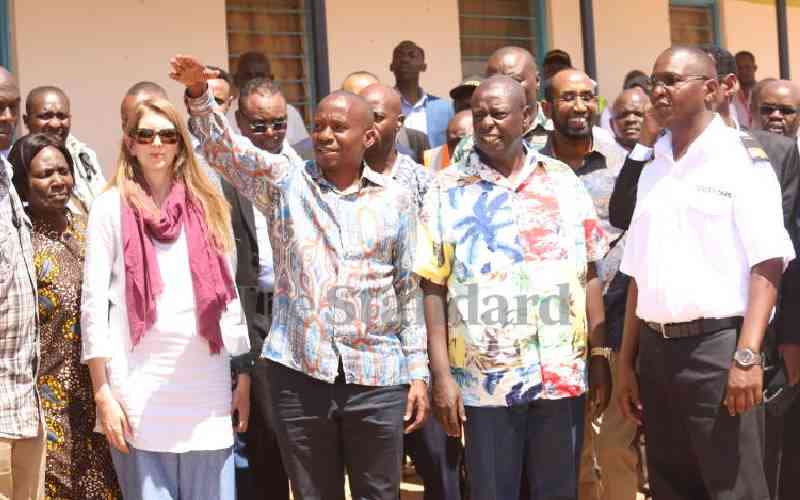×
The Standard e-Paper
Join Thousands Daily

Kenya, Ethiopia and Somalia have inked a Sh1.7 billion partnership project aimed at enhancing security at the common porous borders.
The three-year partnership, Kenya-Somalia-Ethiopia borderlands project, 'Deris Wanaag' Programme which translates to 'Good Neighbourliness', aims to find lasting solutions to the perennial insecurity and instability in the Horn of Africa nations, in an effort to open up the borders of the three countries, as well as address societal issues.